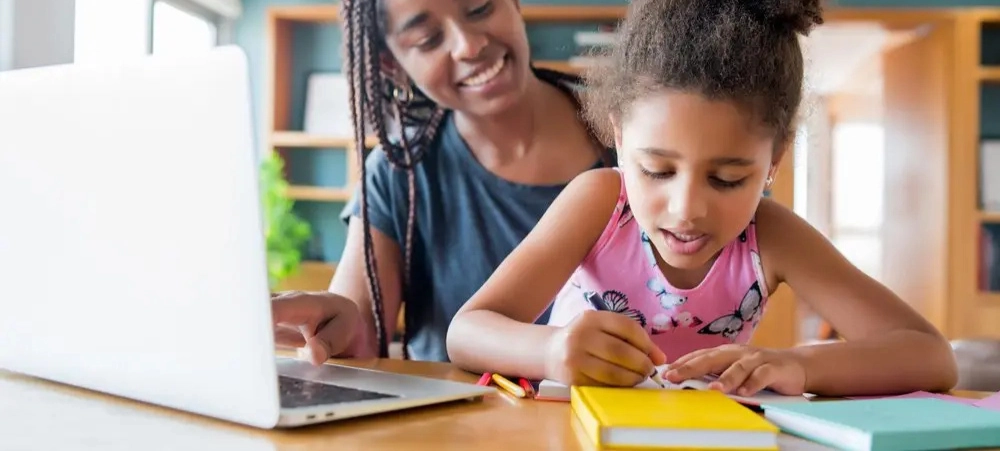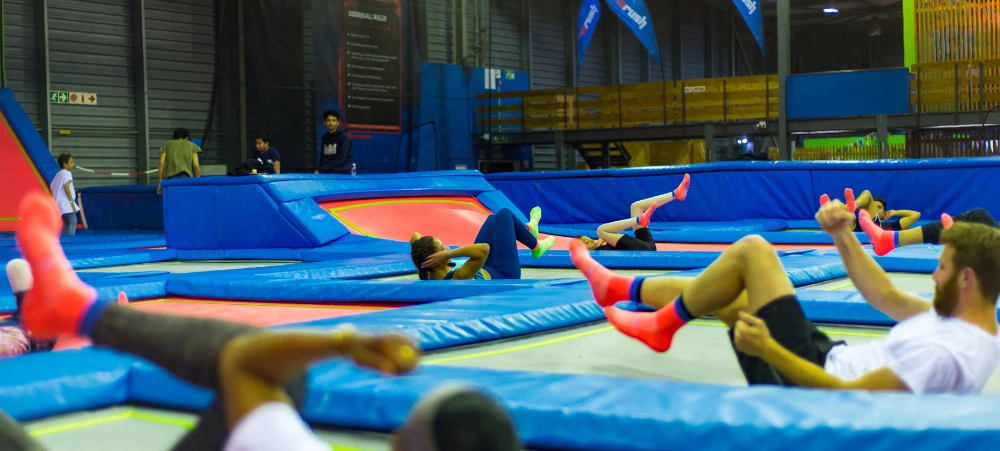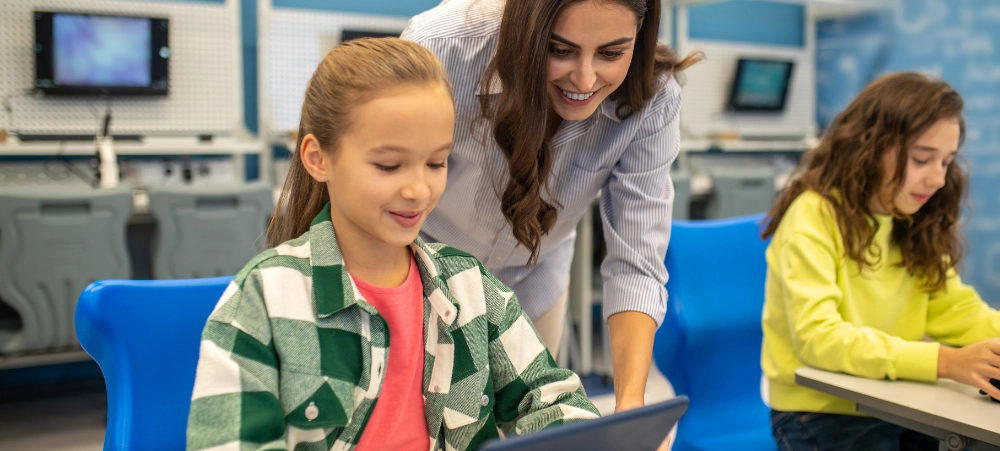In a rapidly interconnected world, raising a globally-minded child is more important than ever. Exposure to diverse cultures, ideas, and perspectives fosters empathy, curiosity, and critical thinking. These values are essential not only for developing well-rounded, compassionate individuals but also for preparing children to thrive in an increasingly globalised society. 1. Start with the Basics: Teaching Empathy Empathy—the ability to understand and share the feelings of others—is a cornerstone of global citizenship. One of the first steps in raising a globally-minded child is fostering empathy at home. Encourage your child to consider other people’s feelings by modelling kind behaviour and talking about emotions openly. Discussing the challenges faced by different groups and showing care for others’ experiences cultivates a deeper understanding of the world. According to Dr. Laura Markham, a child psychologist and expert on parenting, “Empathy is built through connection, communication, and trust. When children are taught to care about others, they are more likely to develop positive relationships and become compassionate adults.” In practice, this can mean volunteering as a family, discussing global issues in age-appropriate ways, and sharing stories that highlight the experiences of people from different walks of life. 2. Expose Them to Diverse Cultures Early One of the most effective ways to raise a globally-minded child is by exposing them to different cultures. This can begin in the home by incorporating diverse languages, music, art, and food into your daily life. According to cultural experts, children who are exposed to a variety of cultural experiences are more likely to develop an appreciation for diversity. 3. Travel and Learn from the World While not every family can travel internationally, even local travel can provide opportunities to experience other cultures. Visiting cultural festivals, local ethnic neighbourhoods, or museums dedicated to world history and art offers children first-hand exposure to diversity. If you do travel abroad, try to engage with the local community and culture rather than just visiting tourist spots. This hands-on experience helps children understand the complexities of different ways of life and builds lasting curiosity. Dr. Karen Mapp, a renowned educator and expert in cultural responsiveness, highlights the benefits of immersive travel experiences: “When children are immersed in different environments, they develop an appreciation for cultural nuances that they can’t gain from books or videos alone.” Whether near or far, travel has the power to turn theoretical knowledge into lived understanding. 4. Foster Global Conversations at Home Creating an environment where discussing global topics is the norm helps children develop a broader worldview. Regularly engage your child in conversations about global events, challenges, and social issues. This can range from talking about the environment and climate change to discussing poverty, human rights, and social justice. The key is to approach these topics in a way that is age-appropriate. For younger children, you might discuss how different families live in different parts of the world, or how people around the globe work together to solve big problems. For older children, these discussions can evolve into deeper talks about political systems, global conflicts, or cultural traditions that differ from their own. According to experts from the Global Education Network, asking open-ended questions like, “What do you think life might be like in other countries?” or “How do you think we can help others around the world?” fosters critical thinking and curiosity. Encouraging your child to form their own opinions and view the world through multiple lenses makes them more globally aware and engaged. 5. Teach Them the Value of Diversity and Inclusion In a world where diversity is increasingly celebrated, teaching children to appreciate and respect differences is essential. Teach your child that diversity is a strength, not something to fear. Model inclusive behaviour by treating others with respect and kindness, regardless of their background, appearance, or beliefs. Encourage your child to make friends from different cultures, join multicultural clubs or activities, and share stories of diversity in your family. Children who grow up in inclusive environments are more likely to embrace diversity as they grow older, fostering a sense of belonging for all. 6. Encourage Curiosity and Openness to Learning Finally, one of the most valuable traits parents can nurture in their children is a sense of curiosity. A globally-minded child is not only empathetic but also eager to learn about other cultures, languages, and traditions. Encourage your child to ask questions and seek knowledge about the world around them. Offer opportunities for exploration—whether through educational toys, cultural activities, or language learning apps. Many online platforms provide opportunities for children to explore different languages, such as Duolingo or Babbel, which can help cultivate a love for learning about other cultures. 7. The Role of Technology in Global Awareness In today’s digital age, technology plays a huge role in expanding children’s horizons. By using the internet responsibly, children can access a wealth of information about different cultures and interact with peers across the globe. Platforms like Skype, Zoom, or social media can connect kids with children from different countries, offering unique perspectives on life. While it’s important to monitor screen time and ensure safe online interactions, technology can serve as a bridge to understanding. Encouraging virtual pen pals or participating in global online communities can help foster global friendships and create opportunities for cross-cultural learning. Conclusion Raising a globally-minded child is an ongoing process that requires intentionality, openness, and empathy. By exposing children to different cultures, encouraging curiosity, and fostering conversations about diversity and inclusion, parents can help their children develop into compassionate, globally aware individuals. In doing so, they prepare their children to navigate an interconnected world with understanding, empathy, and respect for others—qualities that will serve them well as they grow into global citizens. By taking small, intentional steps each day to incorporate global learning into your child’s life, you are helping to shape a more empathetic and interconnected future for them and for the world.



































